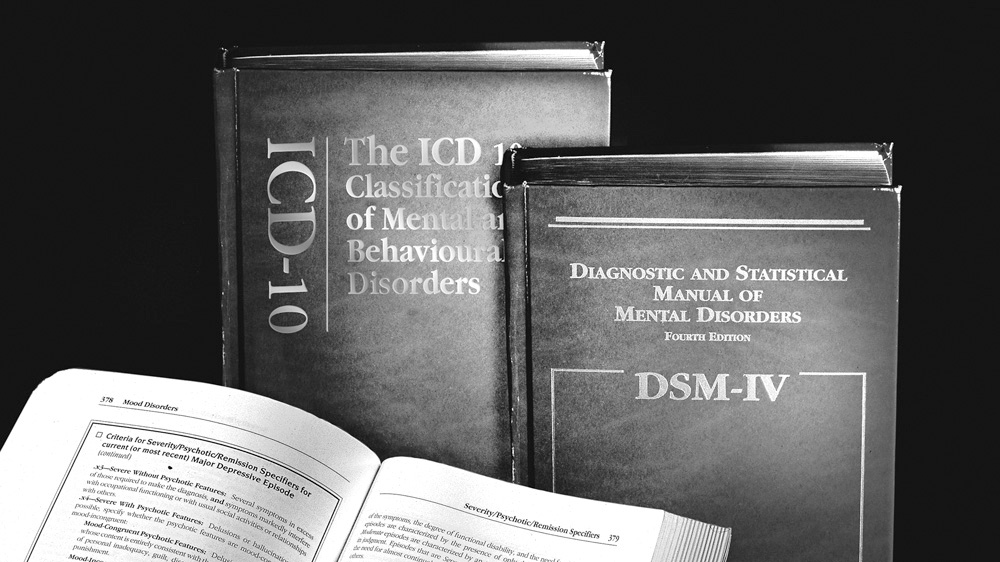Montreal Gazette
By Donna Nebenzahl

Psychiatric disorders are not discovered in labs, they are voted into existence by the American Psychiatric Association
Expected to be published in May 2013, the fifth edition of the Diagnostic and Statistical Manual of Mental Disorders (DSM-5) – the bible of the American Psychiatric Association – has created a firestorm of controversy in its suggested treatment of individuals who have gender identity issues.
According to the manual, an individual questioning gender identity and meeting certain criteria suffers from gender identity disorder, which is therefore considered a mental disorder. And the new edition, whose revisions have been in the works for more than a decade, is likely to once again disappoint the vocal community that has been arguing for years that being transgendered is not a mental illness. (Preliminary revisions for DSM-5 are available for review at www.DSM5.org.)
Many medical practitioners and activists argue that the inclusion of gender identity disorder, even in its likely DSM-5 configuration as gender incongruence, “pathologizes a normal variant of human sexuality,” as Fordham University researcher Sarah Kamens wrote recently in the magazine of the Society for Humanistic Psychology.
“In the DSM that’s currently in use, it’s classified the same way homosexuality was 30 years ago,” says Dr. Shuvo Ghosh, who treats children with gender identity issues at the Montreal Children’s Hospital.
“The diagnosis stigmatizes trans people; it makes it look like they’re mentally ill, and they’re not,” says Françoise Susset, psychologist and president-elect of the Canadian Professional Association for Transgender Health. “Many of the people I see are very high functioning and have no mental illness whatsoever.”
“It’s being called a disorder and treated as a disorder, and I would say it should stay there,” argues Dr. Pierre Assalian, head of the human sexuality unit at the Montreal General Hospital. “I would say that until we find something biological that explains why somebody feels wrong in their body, I would have to consider it as a disorder.”
The research on biological underpinnings of gender identity issues is being carried out around the world, but in the meantime the American Psychiatric Association’s manual, considered the No. 1 source of diagnostic categories, maintains the condition’s psychiatric listing – with some troubling inclusions. One group of professionals proposed online that new indicators in the DSM-5 such as “strong preference for toys and games of the other gender . and playmates of the other gender” should be struck from the forthcoming manual, since preference for play and playmates, they argue, have “no place in diagnostic criteria for a psychiatric disorder.” http://www.montrealgazette.com/health/Debate+over+Diagnosis/4469318/story.html#ixzz1HFmnUm00



SHARE YOUR STORY/COMMENT